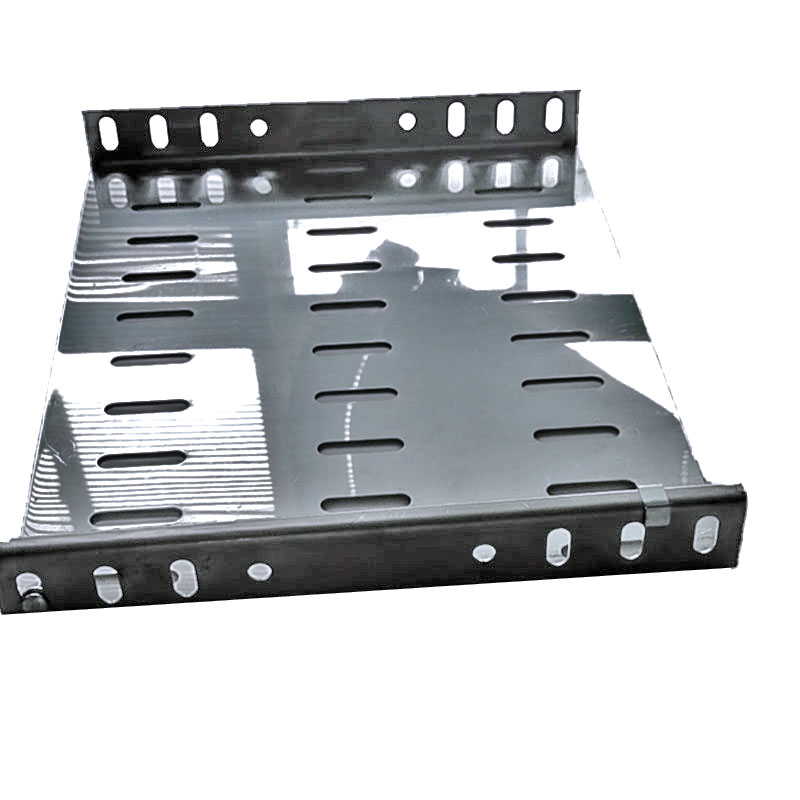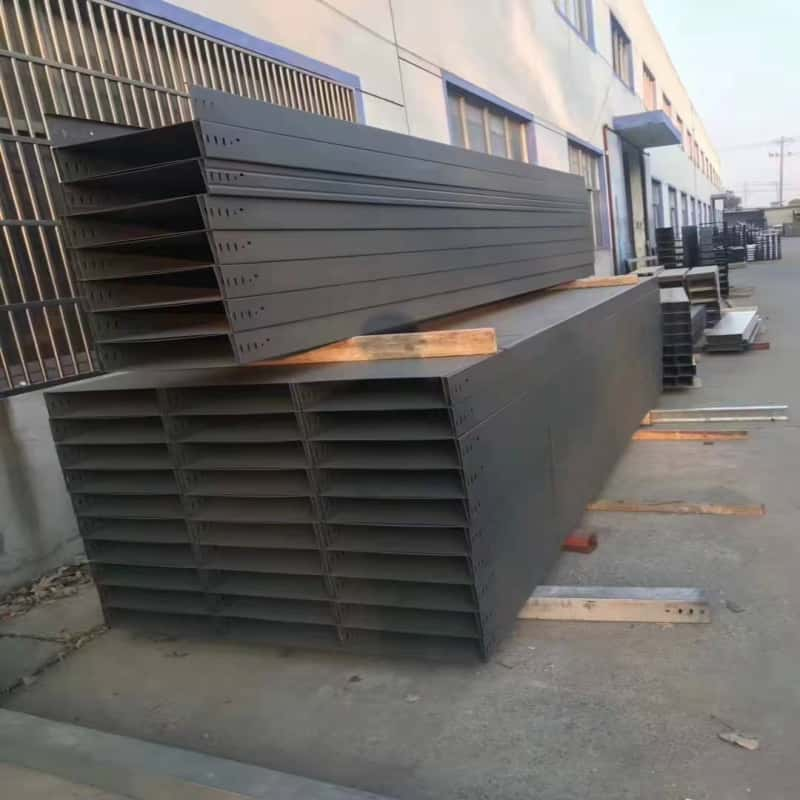◉ When it comes to managing and supporting cables in commercial and industrial environments, two popular options are cable trays and cable ladders. While their uses are similar, understanding their differences is critical to choosing the right solution for your project.
◉ Cable tray is a system designed to support insulated electrical cables. It usually has a solid bottom and sides, providing a more enclosed structure. This design helps protect the cable from environmental factors such as dust, moisture, and physical damage. Cable trays are available in a variety of materials, including steel, aluminum and fiberglass, making them suitable for different applications. They are ideal for areas where cables need to be organized and secured, such as data centers or manufacturing facilities.
◉ A cable ladder, on the other hand, consists of two side rails connected by rungs, similar to a ladder. This open design allows for better airflow and heat dissipation, which is critical for high-pressure or high-heat applications. Cable ladders are particularly useful in environments where cables need to be easily maintained or modified. They are typically used in outdoor environments or large industrial plants where heavy-duty cables are prevalent.
◉ The main difference between cable trays and cable ladders is their design and application. Cable trays provide more protection and organization, making them suitable for indoor environments. In contrast, cable ladders offer better ventilation and accessibility, making them ideal for outdoor or high-volume installations.
◉ In summary, the choice of cable trays and cable ladders depends on the specific needs of your project. Consider factors such as environmental conditions, cable type and maintenance requirements to make an informed decision. By understanding these differences, you can ensure the safety and efficiency of your electrical system.
→ For all products,services and up to date information,please contact us.
Post time: Oct-23-2024


